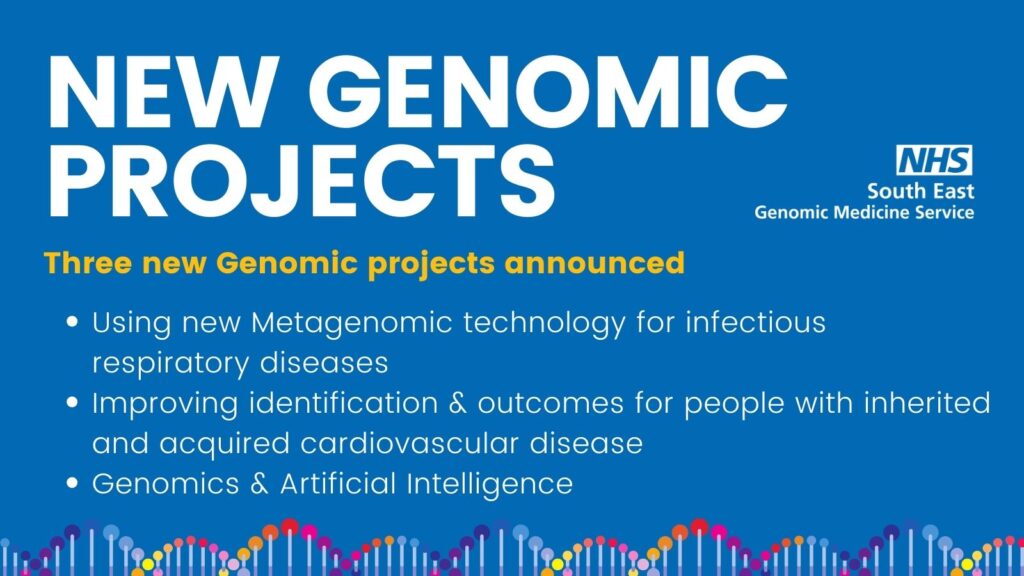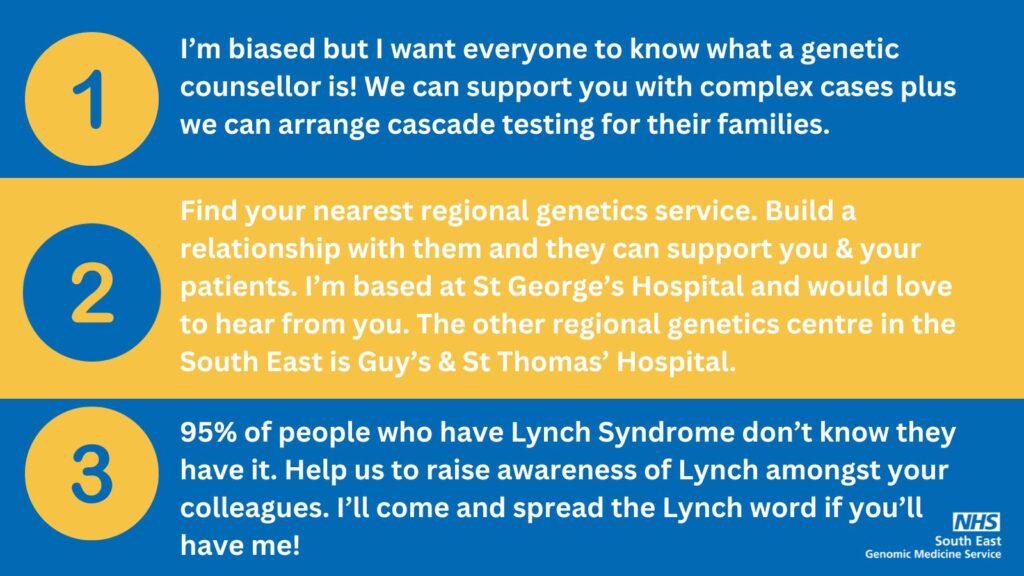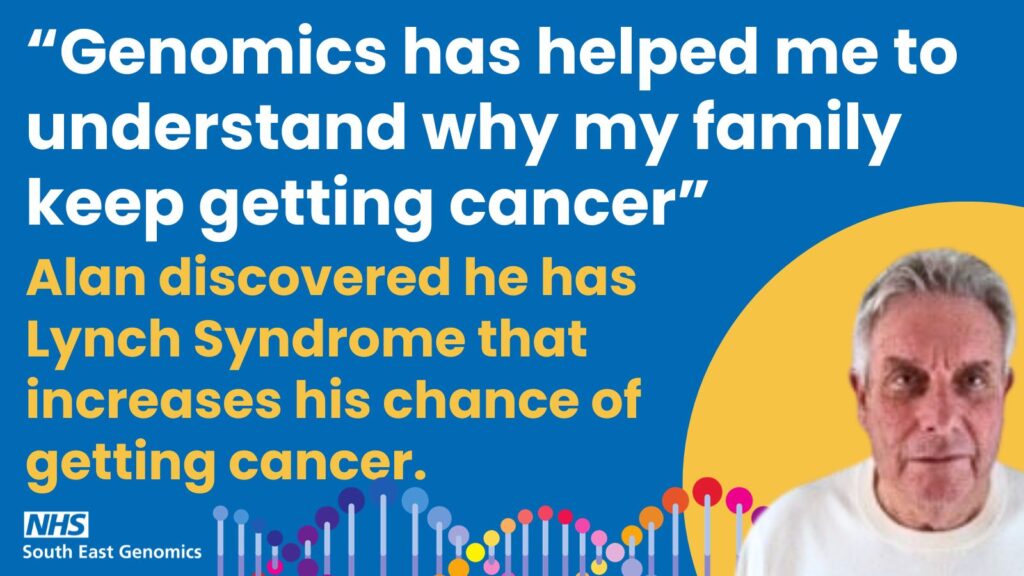New Genomics projects announced today
NHS England have today announced new funding for specific projects that will further progress the use, knowledge and implementation of genomic medicine across the NHS. Eight new projects have been […]
New Genomics projects announced today Read More »









